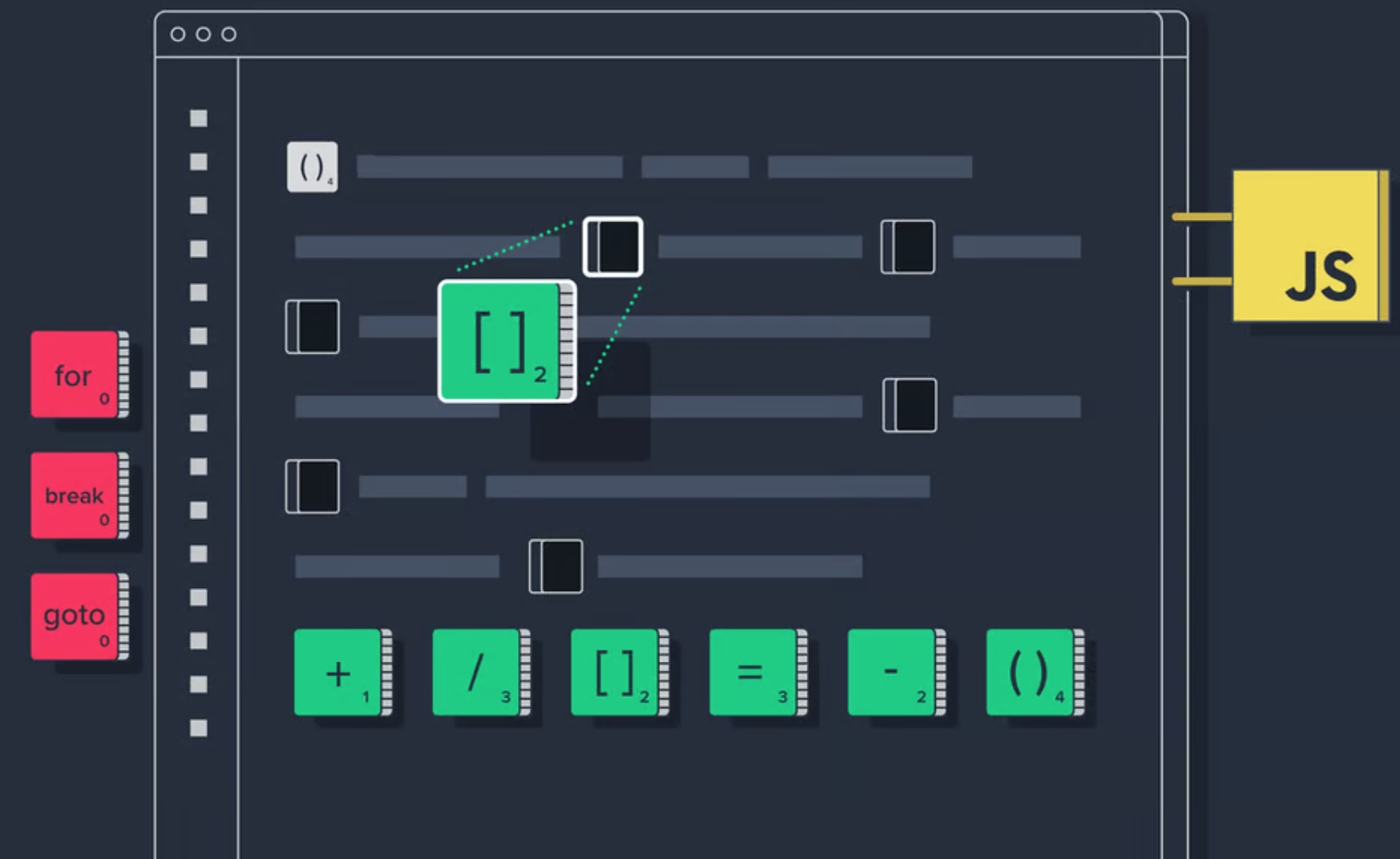Functional programming is one approach used in modern software development due to technological advancements. It enables developers to write code that is clean, efficient, and easy to maintain.
In addition, programming methods that are focused on pure functions, immutability, and declarative style make it easy for developers to create applications. This article analyzes the major principles of functional programming and their importance in modern software development.
What Is Functional Programming?
FP or functional programming is a computing technique that defines computation by means of the value of mathematical functions and has no side effects or mutable data. Functional programming focuses on the usage of functions, while imperative programming focuses on the use of a sequence of commands and changing states as control of the program execution.
Key Concepts of Functional Programming
- Immutability: In functional programming, all data is immutable, meaning that once it has been created, it can not be changed. Instead of modifying the available data, new data structures are created. Thus, it is less error-prone because it can produce more predictable results.
- Pure functions: No external state-changing operations are performed on the data structure. It makes testing easier and the application more logically coherent because the result can be predicted when a function is provided with specific values.
- First-class functions: In functional programming (FP), the term first-class citizen refers to the idea that functions can be assigned to variables, passed as arguments, and returned from other functions the same way other data types can.
- Higher-order functions: On the other hand, these are functions that accept other functions as arguments or return them as results. This creates powerful abstractions and allows code to be reused.
Comparison With Other Programming Paradigms
- Imperative programming: This paradigm concentrates on telling how to do something, which means describing a sequence of steps for accomplishing a task (changing the state of the program). Typically seen in languages like C and Python, in FP, there is a focus on what to compute, which leads to more declarative code.
- Object-oriented programming: OOP defines unitary concepts as objects or combinations of data and methods. It’s built around these methods and is focused on inheritance and polymorphism. In FP, focused on state-OOP sets state through objects. FP avoids state changes, enforced immutability, and pure functions.
Benefits of Functional Programming in Software Development
The functional programming paradigm encourages the use of pure functions and strives for code immutability, resulting in code that is readable.
With FP, every function produces the same outputs for given inputs without side effects. This makes reasoning about the code and its behavior far simpler. The ease of understanding code results in easy collaboration and future code enhancements.
Source
Since FP does not preserve state or allow side effects, interactions within your code tend to be much simpler and easier to understand. The encapsulation of different functions makes debugging easier because each function can be isolated and tested independently of other external variables.
FP does not preserve the state, which gives it an advantage in distributed systems. Because of immutability, components in a system are guaranteed not to change, resulting in better consistency and fewer synchronization problems, leading to better scalability.
Because FP does not have any mutable state, it is inherently safer to execute functions in parallel. As there is no risk of data being modified by multiprocessing, more efficient use of multi-processors can be utilized, leading to performance improvements in concurrent applications.
There are numerous benefits to implementing traditional functional programming within your software development practices, including having better, more efficient codebases that are less difficult to maintain.
Functional Programming in Modern Development Practices
The paradigm of functional programming is growing in importance within the contemporary immaturity of software development due to its focus on immutable data and pure functions. We will discuss a few myriads of FP in the scope of languages and their implementations.

Source
Implementation of FP in the Scope of Languages of Wider Use
Many languages these days have adopted the structures of an FP:
- JavaScript: JavaScript is considered a multi-paradigm language because it can support both functional and object-oriented programming. It also includes first-class functions and other object-oriented programming features (e.g., array methods – map, filter, and reduce) which support functional programming.
- Scala: FP is quite compatible with object-oriented languages, and thus, Scala is one of the best options for Java developers. Its construction prompts the usage of immutable data structures and the stacking of pure functions.
- Haskell: Known and regarded as an FP-tolerant language, Haskell is remarkable in its territorial claims of immutability and function purity.
- Python: A language strictly positioned as an object-oriented language, however, it does offer certain functional features, e.g., lambda expressions and higher-order functions for implementing programming in a functional manner.
Integration With Other Paradigms
The fusion of functional and object-oriented paradigms is evident in languages like JavaScript and Scala. The combination enables you to use a particular method that best solves a problem, thus optimizing flexibility and expressiveness in your code.
Real-World Applications
The principles of FP have practical value in some areas, and they include:
- Web development: FP allows for the design of predictable and maintainable codebases. React.js is a framework that performs the state and rendering of components using functional programming techniques.
- Data processing: In FP, the guarantee of no side effects makes it much easier to change data for the correct reason. This destruction of data is referred to as immutable. There are other languages, like Scala, that are used in big data frameworks such as Apache Spark.
- Machine learning: FP’s insistence on pure functions is a great match with the deterministic nature of machine learning algorithms. It aids in reproducibility and easier debugging scenarios.
Challenges and Considerations
To adapt to functional programming from imperative programming, one needs to change his or her approach. Both FP and imperative programming have stepwise instructions, but the major difference in implementation lies in FP’s inflexibility and use of declarative structures. Such shifts within a paradigm are often difficult for developers who are already used to traditional methods of programming.
Even though FP can enhance code maintainability and simplicity in debugging, it does come with new concerns regarding performance. For example, FP creates new immutable data structures, which can slow down algorithms that are more efficient. These advantages must be considered alongside any possible performance compromises.
There is already a bias against functional programming as it is seen as overly complicated and less useful in practical applications. Addressing these misunderstandings is as simple as changing the FP’s principles, which can go a long way to creating conclusions that FP is more suitable to help solve a broader range of domains. Adopting FP often enhances the quality of software development by ensuring the code is more predictable and easier to test, which FP implements.
Conclusion
Functional programming has become key in improving reliability, scalability, and software maintenance in the rapidly changing world of FP. By designing pure functions alongside other FP programming constructs, systems are able to bypass the clutter attributed to complex functions. As complexity within software systems increases, incorporating FP features provides developers with efficient, bug-free applications. Its adoption is bound to not replace other programming paradigms, but its rising popularity is undeniable.

